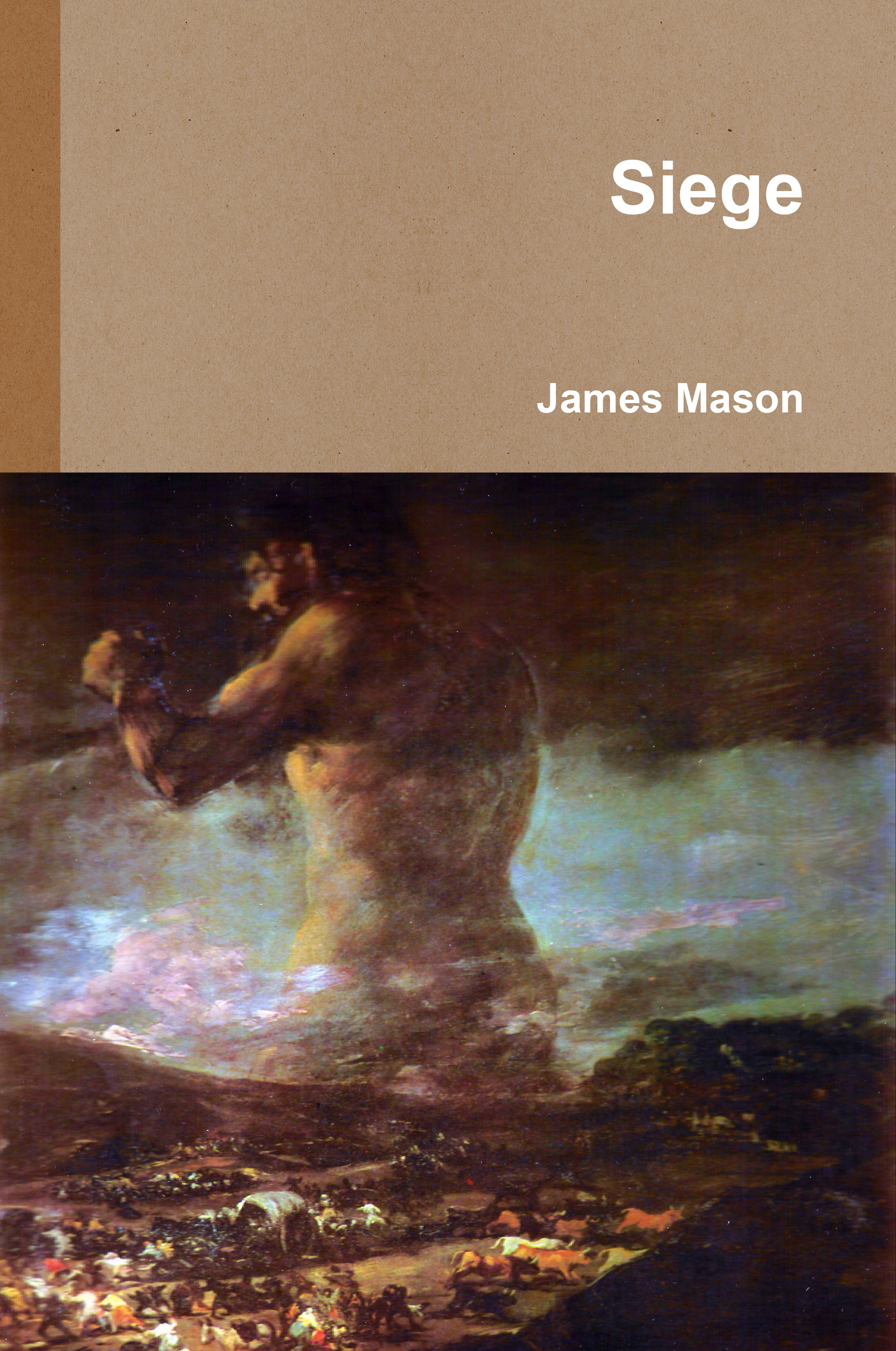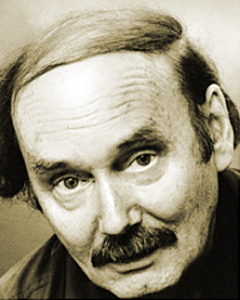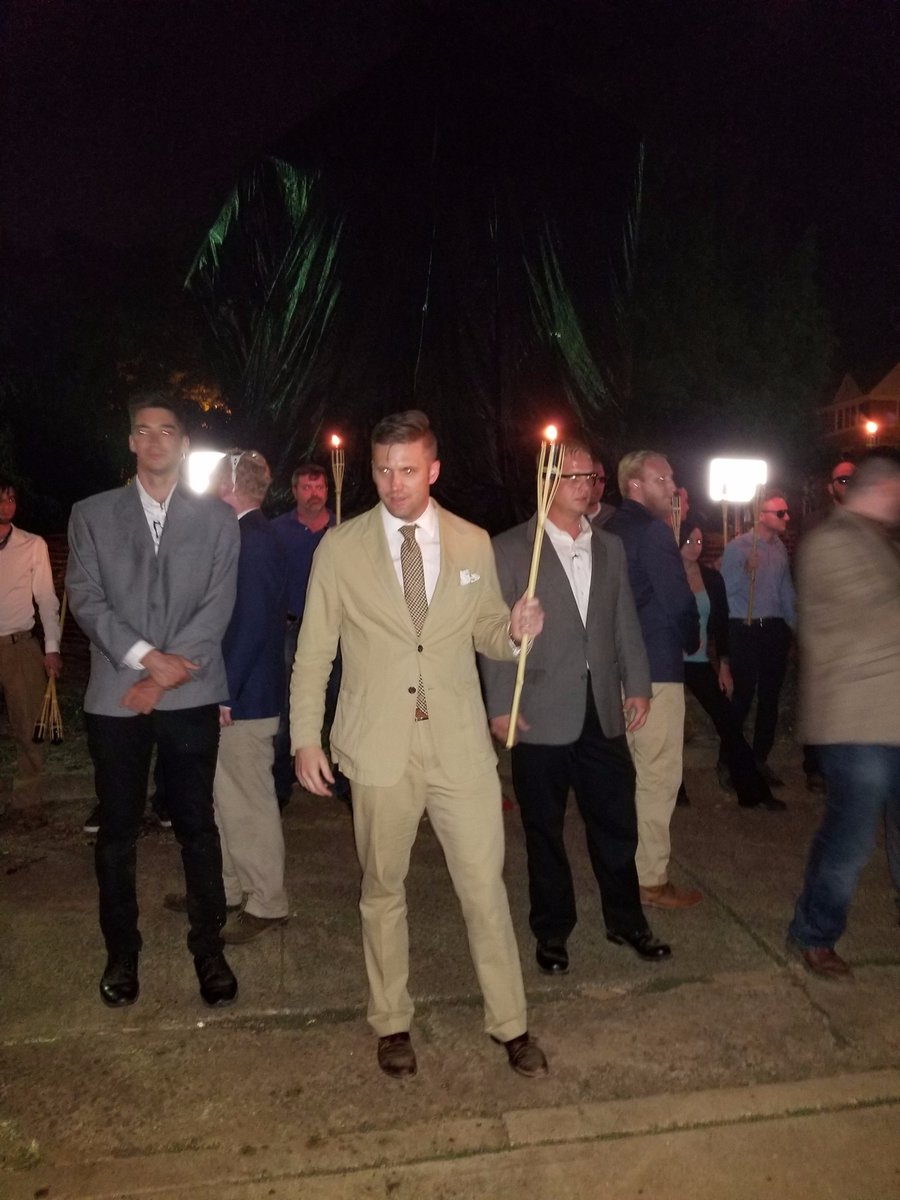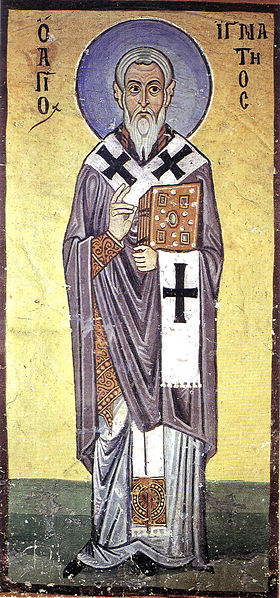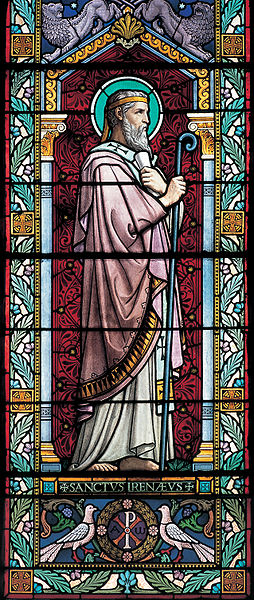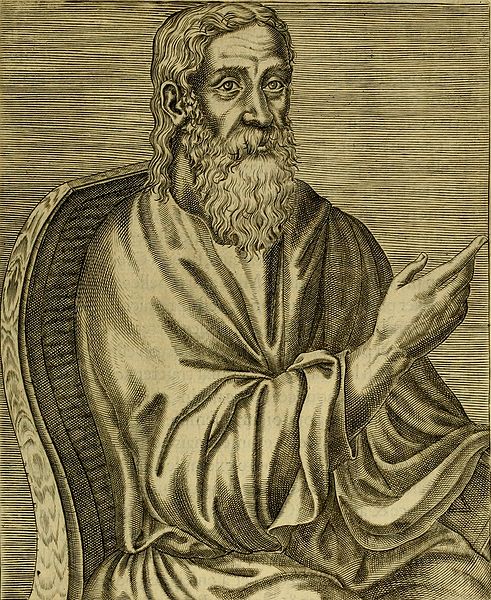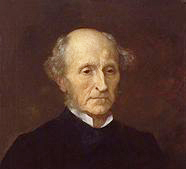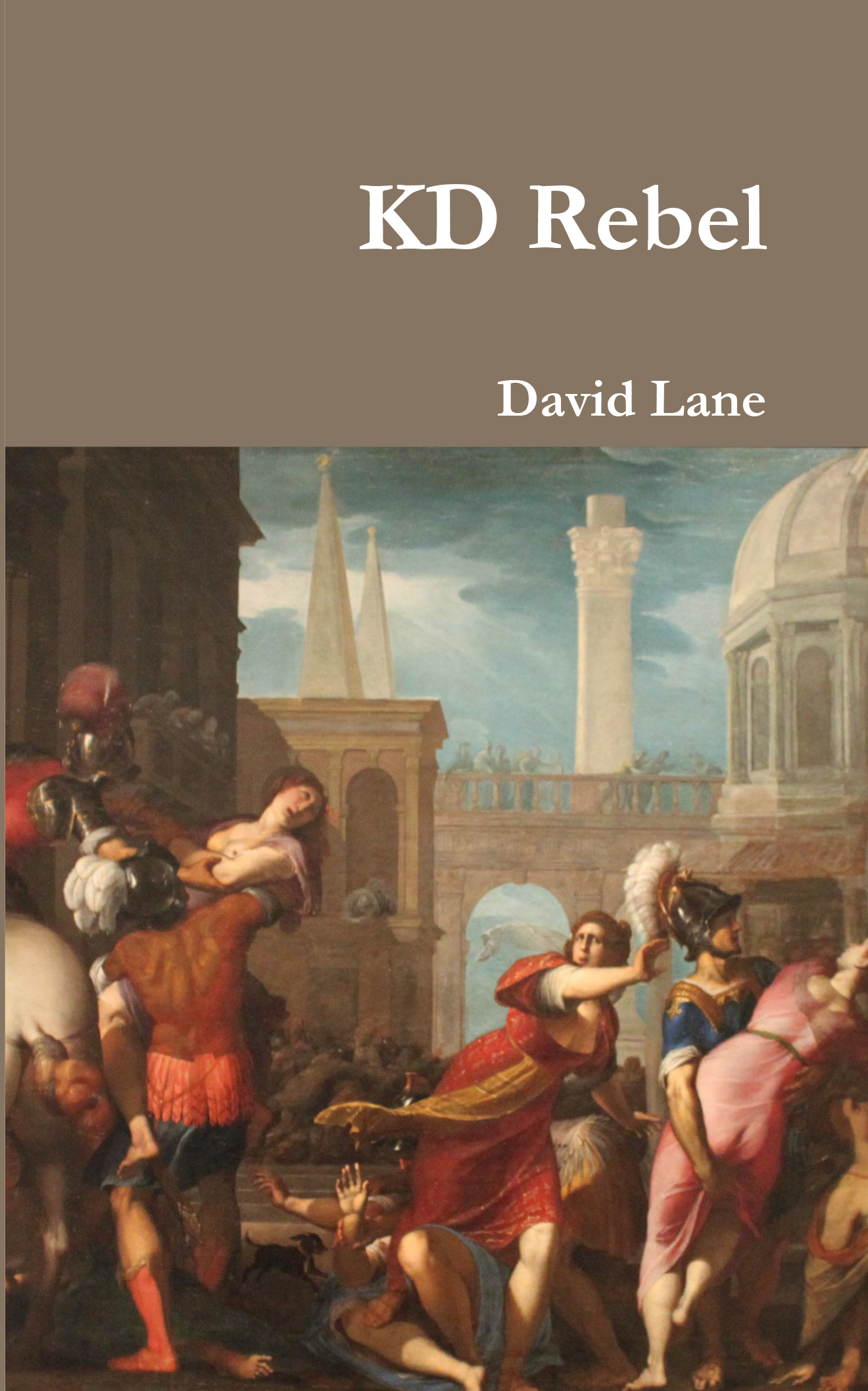Below, translated excerpts from the first volume of Karlheinz
Deschner’s Kriminalgeschichte des Christentums
(“Criminal History of Christianity”)
The ‘God of peace’ and the ‘children of Satan’ in the fourth century (Pachomius, Epiphanius, Basil, Eusebius, John Chrysostom, Ephraim, Hilary)
During the fourth century as divisions and sects grew, the schisms and the heresies developed with increasing boldness. The anti-heretic shouting also became more strident, more aggressive. At the same time, the struggle against non-Catholics sought judicial support. It was time of agitation and almost pathological actions: a true ‘spiritual disease’ (Kaphan).
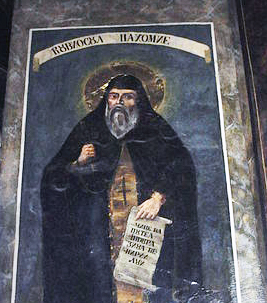 St Pachomius
St Pachomius
Saint Pachomius, the first founder of Christian monasteries (from 320 onwards) and author of the first monastic rule (of Coptic rite), hated the ‘heretics’ like the plague. This ‘abbot-general’ who wrote in code part of his epistles, considers himself capable of discovering heretics by smell and affirms that ‘those who read Origen will go to the lowest circle of hell’. The complete works of this great pre-Constantinian theologian (who was defended and appreciated even by great fanatics like Athanasius) was thrown by Pachomius to the Nile.
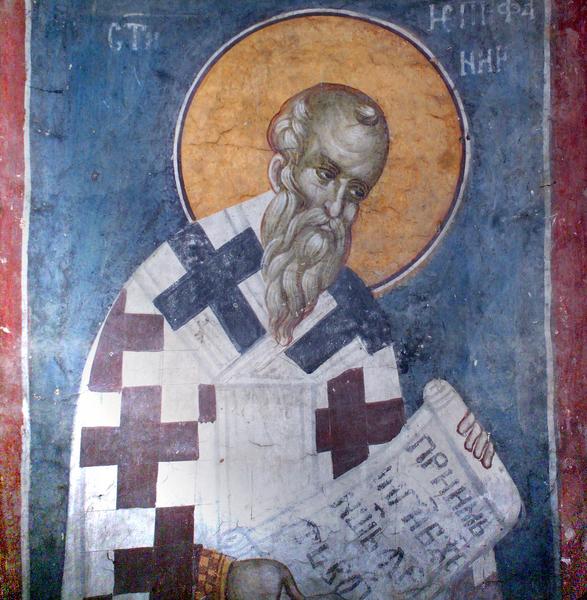 Epiphanius
Epiphanius
In the fourth century Epiphanius of Salamis, a Jewish apostate and antisemitic fanatic and viper, writes his Apothecary’s Drawer (Panarion), where he warns his contemporaries against no less than eighty ‘heresies’, among which he even considers twenty pre-Christian sects! This does not prevent a coreligionist such as St. Jerome from praising him as patrem paene omnium episcoporum et antiquae reliquias sanctitatis, nor that the second Council of Nicaea (787) honoured Epiphanius with the title of ‘patriarch of orthodoxy’.
In his Apothecary’s Drawer, as confusing as long-winded, the fanatical bishop exhausts the reader’s patience with the pretence of supplying massive doses of ‘antidote’ to those who have been bitten by these snakes of different species, who are precisely ‘heretics’ for which the ‘patriarch of orthodoxy’ not only ‘asserts as certain the most extravagant and unbelievable hoaxes, even pledging his word as a personal witness’ (Kraft), but also invents the names of ‘heretics’ and pulls out of thin air new and nonexistent ‘heresies’.
Christian historiography!
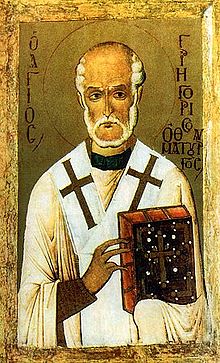 St Basil
St Basil
In the fourth century, Basil the Great, doctor of the Church, considers that the so-called heretics are full of ‘malice’, ‘slander’ and of ‘naked and brazen defamation’. ‘Heretics’ like to ‘take all things on the evil side’, provoke ‘diabolical wars’, have ‘heavy heads for wine’. They are ‘clouded by drunkenness’, ‘frenetic’, ‘abysses of hypocrisy’ and ‘of impiety’. The saint is convinced that ‘a person educated in the life of error cannot abandon the vices of heresy, just as a Negro cannot change the colour of his skin or a panther its spots’, so heresy must be ‘branded by fire’ and ‘eradicated’.
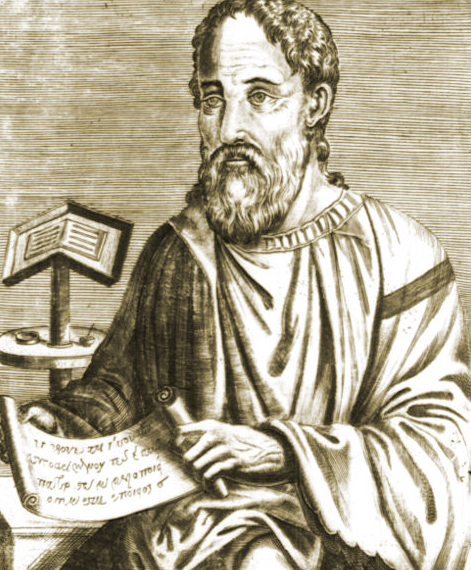 Eusebius
Eusebius
Eusebius of Caesarea, ‘father of ecclesiastical history’, born between 260 and 264 and the future favourite of the Emperor Constantine, offers us a complete list of horrible ‘heresies’. The celebrated bishop, now little esteemed by the theologians who judge him ‘scarce in ideas’ (Ricken S.J.), ‘of diminished theological capacity’ (Larrimore), beats a large number of false and deceitful men: Simon the Magician, Satorrinus of Alexandria, Basilides of Alexandria and Carpocrates as schools of ‘heretics who are enemies of God’ who operate with ‘deceit’ and incur in ‘the most abhorrent abominations’.
 St John Chrysostom
St John Chrysostom
Nor does John Chrysostom, the great enemy of the Jews, see in heretics anything other than ‘children of the devil’ and ‘dogs that bark’. Incidentally, the comparisons with animals are a very used argument in the controversies against the heretics.
In his commentary on the Epistle to the Romans, Chrysostom stands beside Paul, ‘that spiritual trumpet’ to fight against all non-Catholic Christians, and quotes him with satisfaction when he says: ‘The God of peace [!] shall crush Satan under his feet’. Note that he does not say to ‘subdue’ them but ‘crush’ them; more concretely, ‘under your feet’. In a sermon to the Christians, Chrysostom invites the public blasphemers (who in those days already included Jews, idolaters, and heretics often called ‘antichrists’) to be questioned in the streets and, if necessary, receive the proper beating.
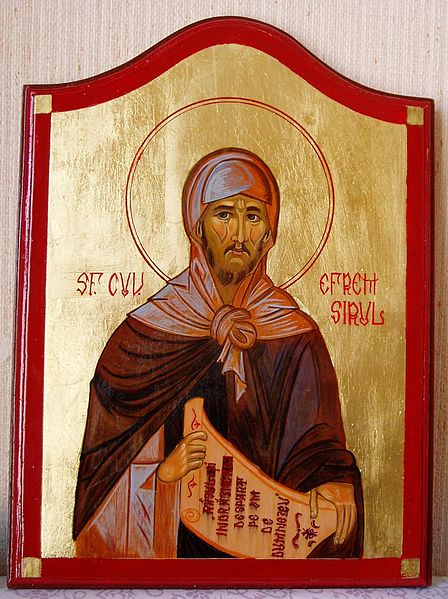 St Ephrem
St Ephrem
For Ephrem, a doctor of the Church and a person who professed a deep hatred for the Jews, his Christian enemies were ‘abominable renegades’, ‘bloodthirsty wolves’ and ‘unclean pigs’. Of Marcion, the first founder of Christian churches (and also the creator of the first New Testament, and more radical than anyone in the condemnation of the Old Testament) says that he is devoid of reason and that his only weapon is ‘slander’. He is a ‘blind’, ‘a frenetic’, ‘a shameless harlot of conduct’; his ‘apostles’ are nothing but ‘wolves’…
It is evident that whoever wants to learn to hate, to insult, to slander without deceit, must seek as an example the holy fathers of the Church, the great founders of Christianity. Thus they proceeded against all those who did not think like them, Christians, Jews, or pagans: ‘Have no contemplations with idolatrous filthiness’ (Ephrem). For them, paganism was nothing more than ‘foolishness and deceit in all respects’ and the pagans ‘people who have lied’, ‘devour corpses’ and are ‘like pigs’.
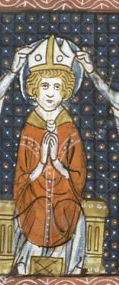 St Hilary
St Hilary
[For] Hilary, a doctor of the Church who, apart from his special displeasure of the Jews… he also had as main enemies the ‘heretics’. Born in Gaul at the beginning of the fourth century, he attacked the Arians and fought, as the Catholic Hümmeler testifies despite that 1,500 years have passed, ‘the last breath of that plague.’
Admired by Jerome to the extent that he took pains to copy a work of Hilary; praised by Augustine as a formidable defender, and proclaimed by Pius IX, in 1851, Doctor of the Church, after long debates on baptism, the Trinity and the eternal combat of Satan against Jesus Christ, Saint Hilary charges against ‘perfidy and folly’, ‘the viscous and twisted path of the serpent’, ‘the poison of falsehood’, ‘ the ‘venom hidden’, ‘the insanity of the doctors of error’, their ‘feverish deliriums’; the ‘epidemic’, ‘illness’, ‘deadly inventions’, ‘traps for the unwary’, ‘tricks’, ‘endless madness’, the ‘pile of lies of their words’, etcetera, etcetera.
With these litanies, Hilary fills twelve books of his De Trinitate, ‘the best treatise against the Arians’ (Anwander). The monotonous flow of hatred is interrupted only to elucidate, or perhaps better to say to obscure, the question of the Trinity.
